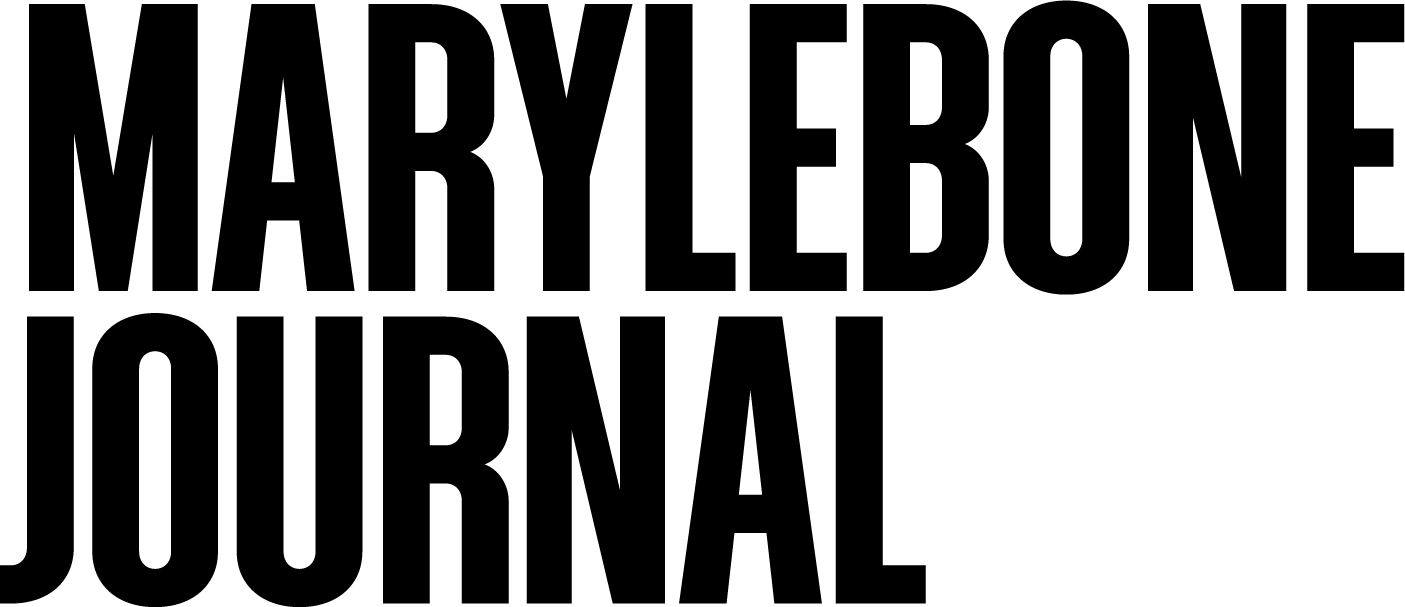Food philosophy
Nic Rasecle, the owner of La Petite Poissonnerie, on his relationship with food
Interview: Clare Finney
Image: Christopher L Proctor
80 per cent of our fish comes from British shores, and we encourage day boat fishing—small, family-owned boats which only go out for a day and bring in what they catch that day—as much as we can.
There is nothing worse than waste: our wastage is less than two per cent, which is very good for a fishmonger. One Christmas a few years ago, I over-ordered, and I really suffered because of it. It ruined my wasteage figures for the whole year. I hated it. From that day, I was even more determined to buy just the right amount, and sell or use everything. We do cod cheeks and smoked cod’s liver, we give the bones away if people ask for them, and the rest is collected for the pharmaceutical and cosmetic industries.
I try to keep my prices as low as I can without compromising on quality, which generally means buying fish in season, and not buying it if stocks are low. We are very blessed in England, though: the stocks are very well controlled, and the water quality is good.
La Petite Poissonnerie is what I call a ‘fishmonger plus’. From the beginning, the idea was that customers could buy fish here to prepare themselves, but could also buy it in a pre-marinated or pre-cooked way. Now we have developed into a seafood tapas bar as well, where you can eat in—but the menu is still quite simple, focused on quality. We don’t have a proper restaurant kitchen, we have to be creative and cook the sort of food that doesn’t need cooking, or can be cooked using household equipment—humble, but delicious.
Sharing is caring. I have a little boy, so I say that a lot at the moment, but it is true of tapas. It makes for a very friendly atmosphere, having so many sharing dishes. We even see customers sharing those dishes that don’t seem to lend themselves to sharing, like fish soup. We can offer to put a portion in two bowls to make it easier, but some couples find it romantic to share a bowl.
We try to stock more sustainable fish, like coley, which has a very bad reputation here in the UK. People tell me they give their cat coley, and I say, well in that case your cat does very well. It is a great fish—and, because it’s cheaper, you get a bigger portion. I have it on the menu at least once a week, served Brazilian style with coconut, tomato and coriander, or in a stew.
I encourage my staff to try everything, to eat everything, and to know as much as they can about each product: not just where it comes from and how it was fished, but also what to do with it. Though I would say the menu is mainly influenced by Japan and France, I also like my staff to share their own recipes. One of the women who works for us is Brazilian, so the Brazilian coley dish is her inspiration. Today we are cooking coley with cabbages and potatoes, which our Irish member of staff loves.
Though France and Japan have very different cuisines and techniques, they are both passionate about food, and seafood in particular. I am French, but I wanted to be the best fishmonger in London and for me the most logical way to do that was to serve sashimi-quality produce. And if I was going to do that, then I may as well have nigiri, uramaki and so on.
After 20 years in the business, I have very good relationships with the fisheries. These days I buy at least half of my fish directly from fishermen in Dorset, Devon, Cornwall and the Shetland Islands, five days a week. The quality of water in those areas is exceptional. The rest I buy from Billingsgate—I have to for certain items.
I like people to feel like they are at home here. But also like they are on the seaside, on the Mediterranean coast of France, where I am from.

